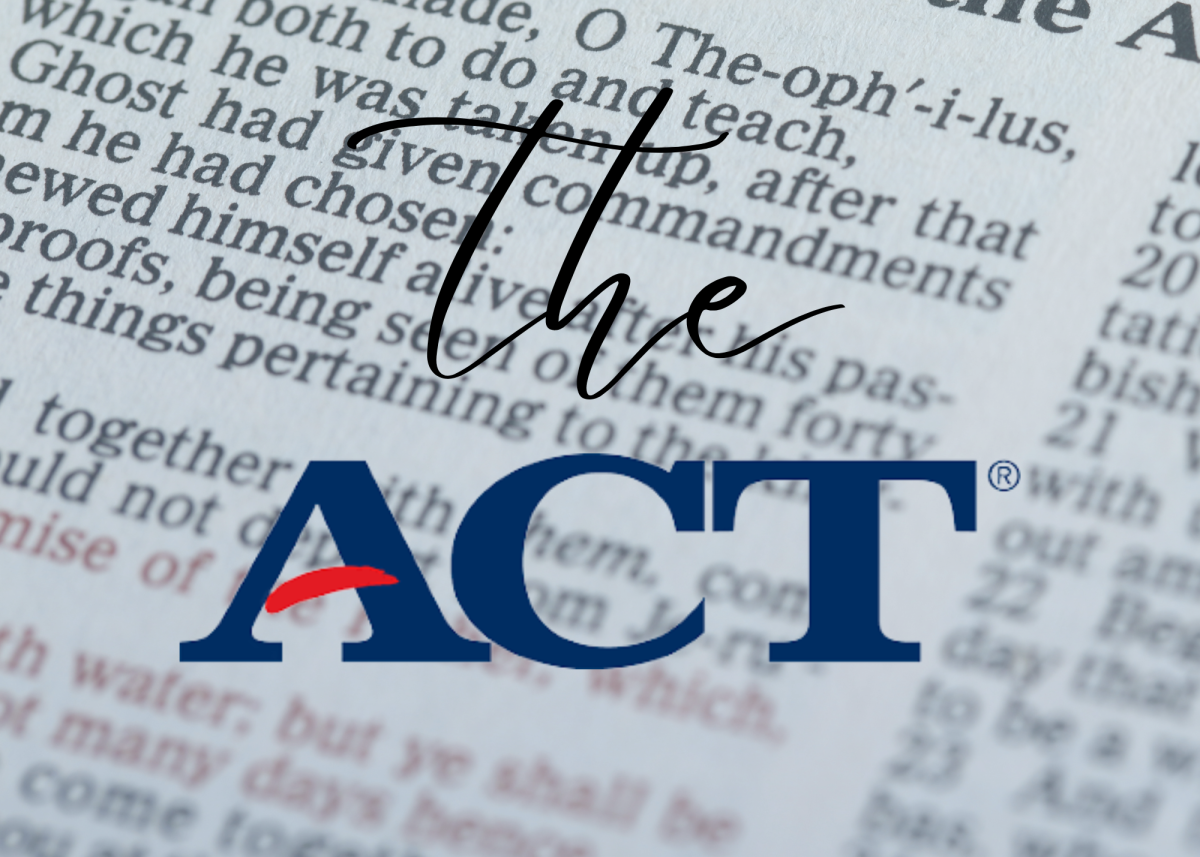In today’s digital world, anyone with an internet connection can easily access a wide number of AI platforms, including ChatGPT. For teachers, that means they must find ways to combat students using AI to cheat in class. Ignoring this issue could lead to frequent cheating, but only viewing AI as harmful is narrowminded.
In response, educators have looked to AI writing detectors as a solution. These tools can analyze submitted papers and determine the probability that it was written by an AI, based on sentence structure and word choice. Many teachers and professors rely on AI detectors to catch students cheating. It sounds good in theory, but they are not as infallible as people think they are.
Unfortunately, these AI detection tools are not as accurate as they advertise themselves to be. They are programmed to recognize certain writing styles, rhythm, and word choice. Then, they compare each of these things to itself, thinking “does this look like something I would write?” From there, it gives a percentage of how likely the paper was written by an AI. But with humans possessing an endless amount of varying writing styles, some are going to be inevitably similar to AI’s.
On Aug. 16, 2023, Vanderbilt University announced they were disabling Turnitin’s AI detection tool “for the foreseeable future.” In the previous year, Vanderbilt had submitted 75,000 papers to Turnitin. Turnitin claimed that their tool has a 1% false positive detection rate. That means 750 student papers could have been falsely identified as being written by AI. Many other schools have also made the decision to remove AI detection tools from their classrooms because of the risks they pose to students.
“Fundamentally, AI detection is already a very difficult task for technology to solve (if it is even possible) and this will only become harder as AI tools become more common and more advanced. Based on this, we do not believe that AI detection software is an effective tool that should be used,” stated Michael Coley from Vanderbilt University.
An article published on “goldpenguin.org” Sept. 6, 2023, gives the example of William Quarterman, a senior at UC Davis. His professor used GPTZero, an AI detection tool and William was accused of cheating on his history exam. William adamantly denied the accusation, but he still had to face the university’s honor court, bringing on a series of panic attacks. Fortunately, he was able to provide evidence that he did not use AI and was eventually cleared of the accusation. This is just one of many examples of how truly dangerous AI detectors can be, if too much trust is put into them.
AI detectors are a step in the right direction to solve the cheating problem, but the negatives of their use outweigh the positives. Teachers should avoid putting their absolute faith in the validity of these detectors. Instead, it’s best to set boundaries and establish clear rules about how the students can use AI in their writing. When used properly, artificial intelligence can improve academic performance and help students achieve success.















